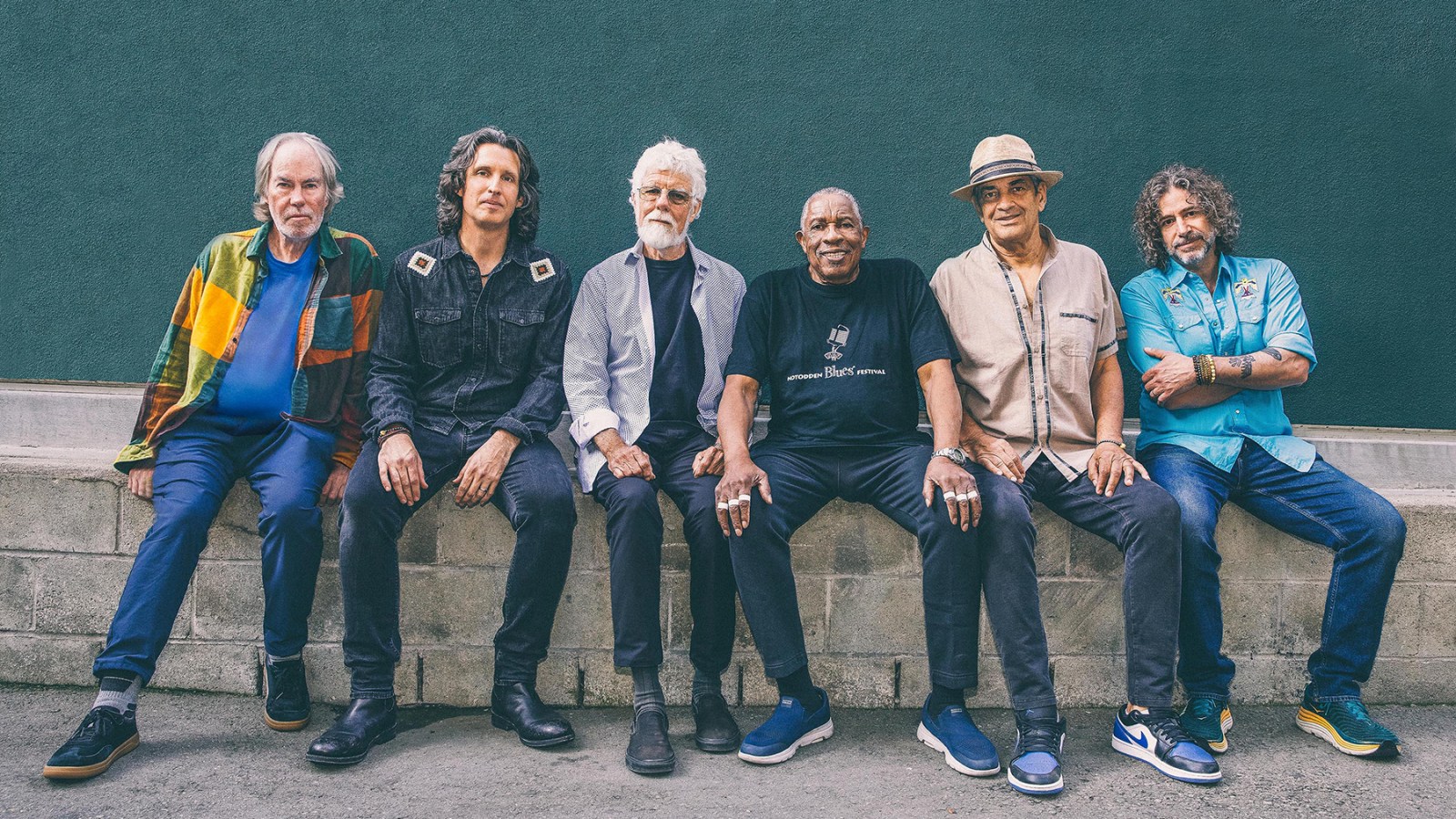In the classic-rock world, we’ve reached that alarming moment where many heritage bands are down to only or two surviving members — or, in some eerie cases, none. Mathematically speaking, Little Feat, who perfected a jukejoint-carnival mashup of nearly every form of American music more than 50 years ago, have joined that club. The late Lowell George, the voice and writer behind some of their most timeless songs, like “Willin’,” has been deceased for 46 years, and guitarist Paul Barrere left us in 2019. At his point, only founding member, keyboardist and singer Bill Payne, is in the band’s current lineup (along with two others, bassist Kenny Gradney and percussionist Sam Clayton, who joined a few years in). That the band exists at all is something of a feat.
To throw another number into the mix, Strike Up the Band is, astonishingly, the eleventh studio album the band has made since George’s death, and this edition of Little Feat still very much sticks with the swampy script. Scott Sharrard, the latest to inherit the role as guitarist and frequent lead singer, can play slippery slide guitar like George and Barrere, and the rollicking, frisky whomp of the band’s groove remains intact. As with the Grateful Dead and its trademark two-drum sound, you know it’s Little Feat as soon as you hear it.
Many of the songs on Strike Up the Band are about what you’d expect — traveling, carousing, missing someone, the search for a haircut — but the Payne-sung “When Hearts Fall” has a sullen vulnerability that recalls some of George’s songs. And “Bluegrass Vines,” which sounds nothing like that genre, includes lyrics from the late Robert Hunter, who began writing for Little Feat before his death. One imagines George smiling fondly at the idea of mythic-America imagery like “The patter of twilight guitars creep/From under the bracken where they sleep” inserted into his band’s songs.
But history lessons only get you so far, and to Little Feat’s credit, they don’t treat their history with kid or adult gloves. Strike Up the Band has the ambiance of the band’s classic records — a Mardi Gras that never ends — but it also feels doggedly alive. Thanks to the band playing together in the same room while they were recording, the mood is so kinetic that the album almost sounds like a concert recording. Music or record-making should never be stuck in the past, but they really don’t make records like Strike Up the Band anymore — which, here at least, is pretty refreshing.



